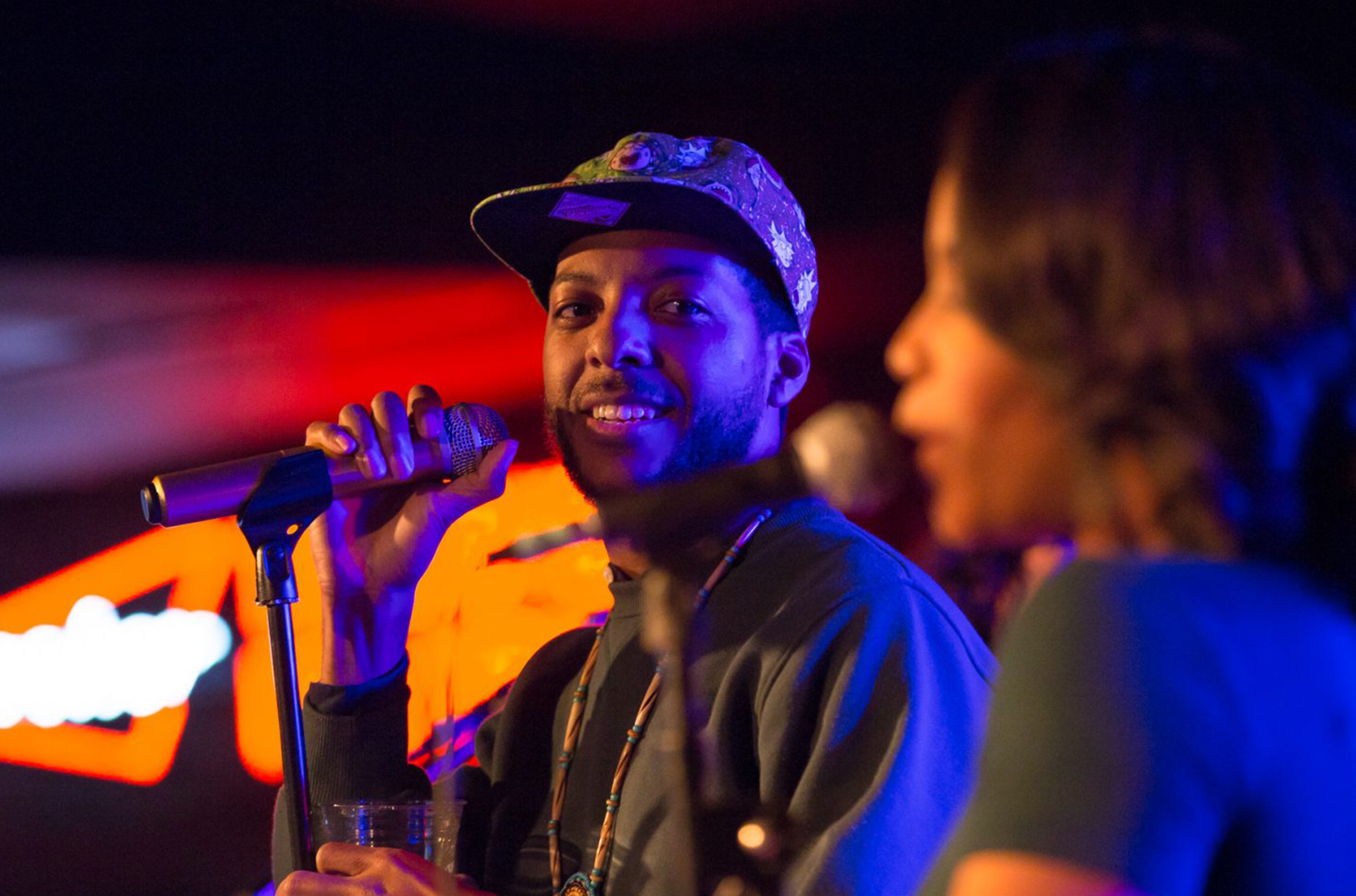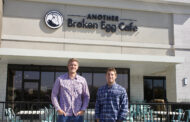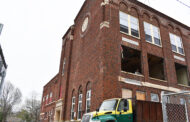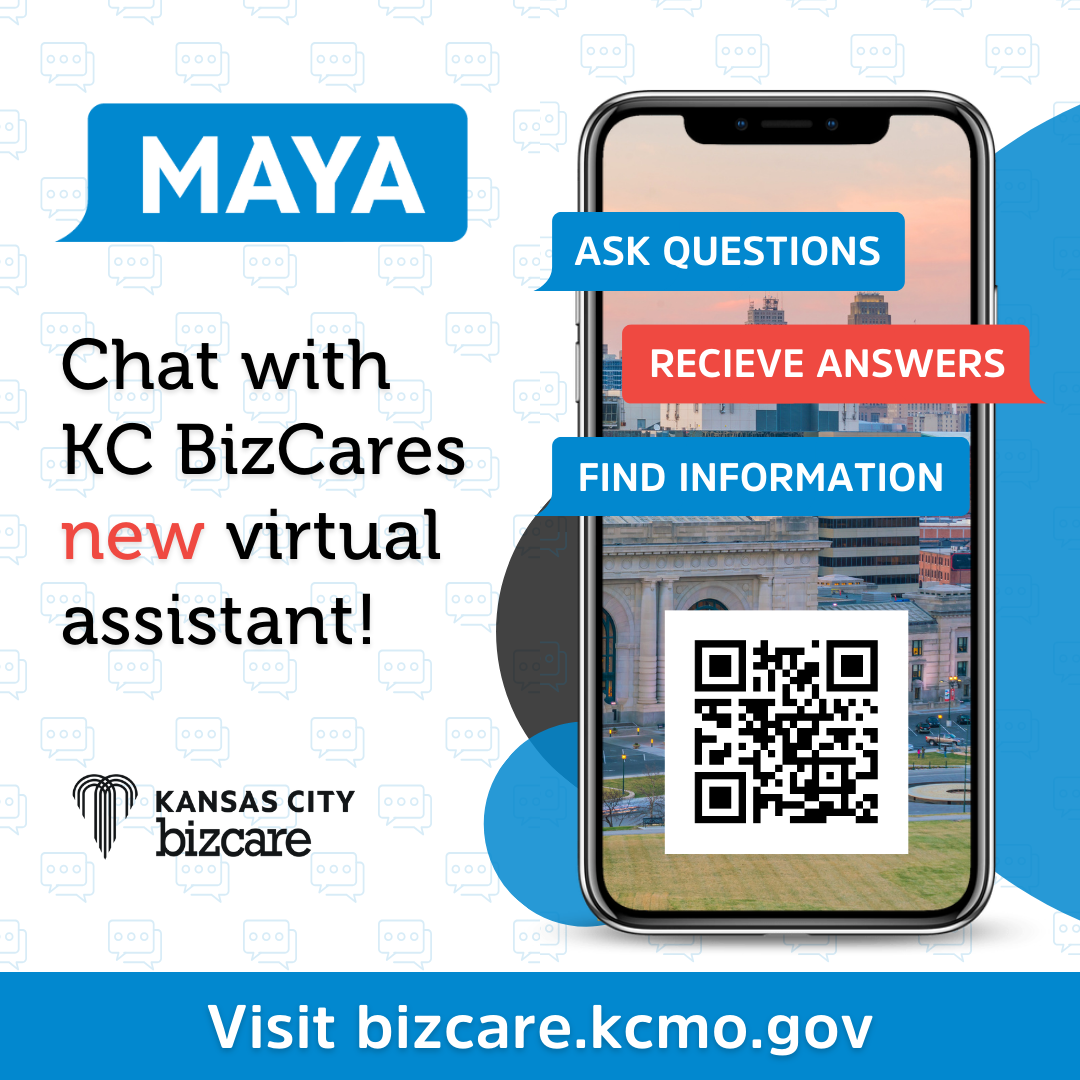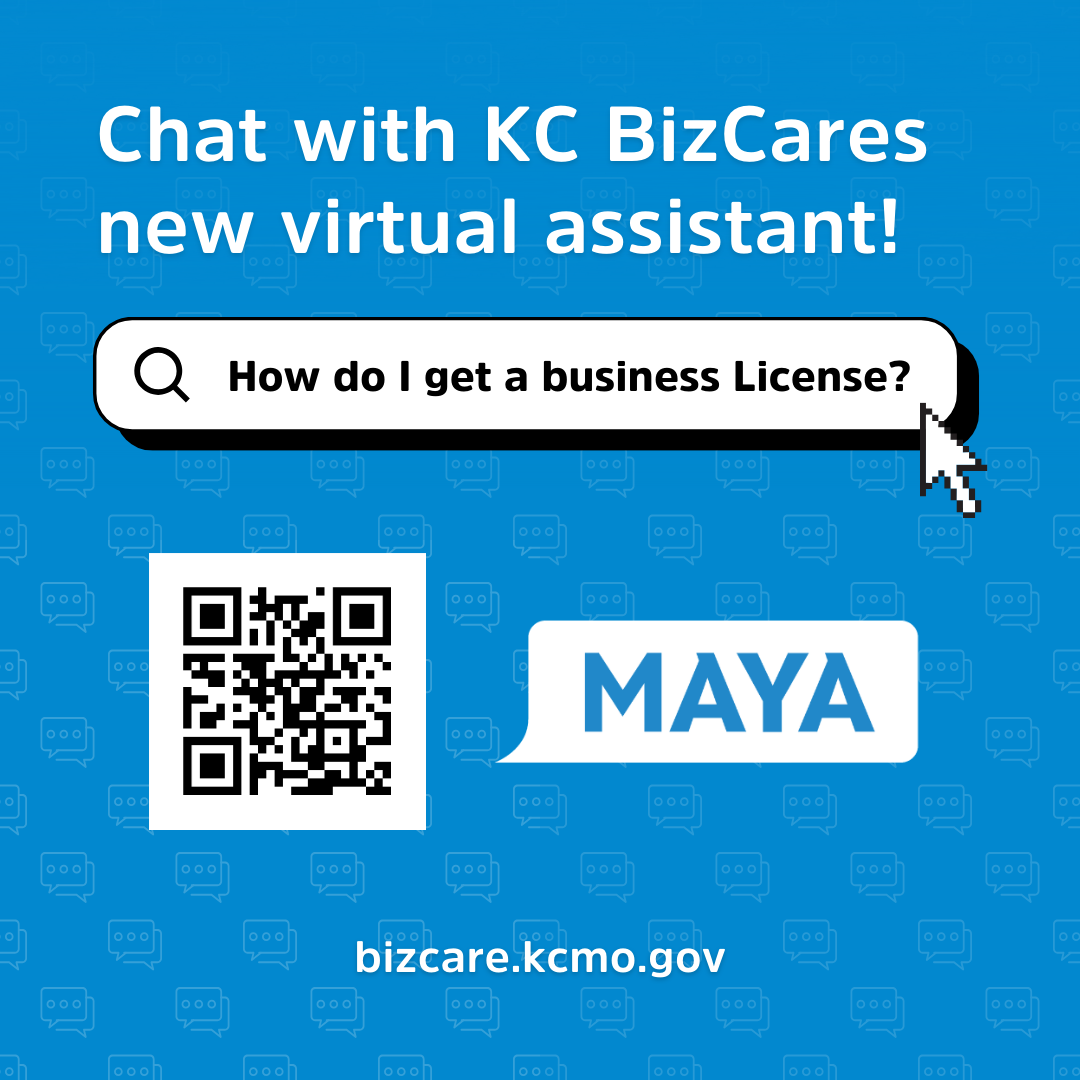Troostapalooza will build community while constructively addressing the elephant in the room, said Kemet Coleman, organizer of the newly developed street festival.
“We wanted to create a home away from home on Troost that is inclusive and sensitive to the historic and existing nuances,” he said. “Not the violent, divisive one that is portrayed by the local news out of their laziness to also report the multitudes of positives that happen on a daily basis.”
Set for Sept. 22, Troostapalooza is expected to bring food, live music, games, and art to the city’s urban core in a way that’s both fun and uplifting, said Coleman, a rapper/singer/songwriter who performs as Kemet the Phantom.
“I grew up at 75th and Troost. I was spoon-fed this negative idea about Troost from the day I was born and it created an inferiority complex that I’m sure many people like me were exposed to,” he said. “The very places that people considered dangerous and ugly and ghetto are near and dear to me.”
Poised to celebrate community culture while shattering a series of stereotypes, Troostapalooza was developed in direct response to the ongoing redevelopment of Troost, Coleman revealed.
“We want people to see that we already have everything we need to create something positive,” Coleman said in regard to what many call the gentrification of Troost — historically a racial dividing line through the city.
[pullquote]Stay or go? Social entrepreneurism at an intersection
• Defiant anti-gentrification voice: Clock is ticking on east side neighborhoods, Movement KC
• Operation Breakthrough bridge over Troost symbolizes ‘real community’ at an intersection
• Thelma’s Kitchen cooks up pay-what-you-can cafe concept to preserve community
• Reconciliation Services hopes to heal trauma in the heart of stigmatized Troost corridor
[/pullquote]Gentrification is a word he argued should never be dismissed when talking about the area and its potential.
“Troostapalooza contributes to this community conversation by stripping away the generational layers of stigma that have dulled the luster of Troost as a sacred edifice,” he said. “It sheds the old skin and baggage of conversations that begin with the word Troost and replaces them with positive and inclusive experiences.”
Although problems like homelessness and job access continue to plague Troost, Coleman said, the festival could be a step toward exposing the very real needs of the area to a wider audience — one better positioned to tackle the problems that fester on the east side of the metro.
“These are the types of invisible histories that need to see the light of day, but it can only be done by offering a venue to foster a sense of agency, place, exploration and collaboration,” he said.
Troostapalooza should ultimately be viewed as a tool for community building, rather than just another festival, Coleman said.
Click here to read more from Startland’s original reporting on the redevelopment of Troost.
Stay or go? Social entrepreneurism at an intersection
• Defiant anti-gentrification voice: Clock is ticking on east side neighborhoods, Movement KC
• Operation Breakthrough bridge over Troost symbolizes ‘real community’ at an intersection
• Thelma’s Kitchen cooks up pay-what-you-can cafe concept to preserve community
• Reconciliation Services hopes to heal trauma in the heart of stigmatized Troost corridor





